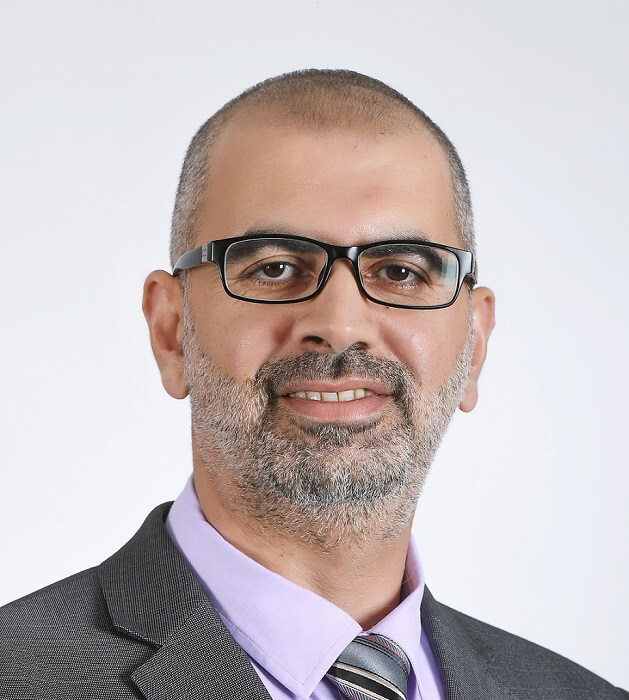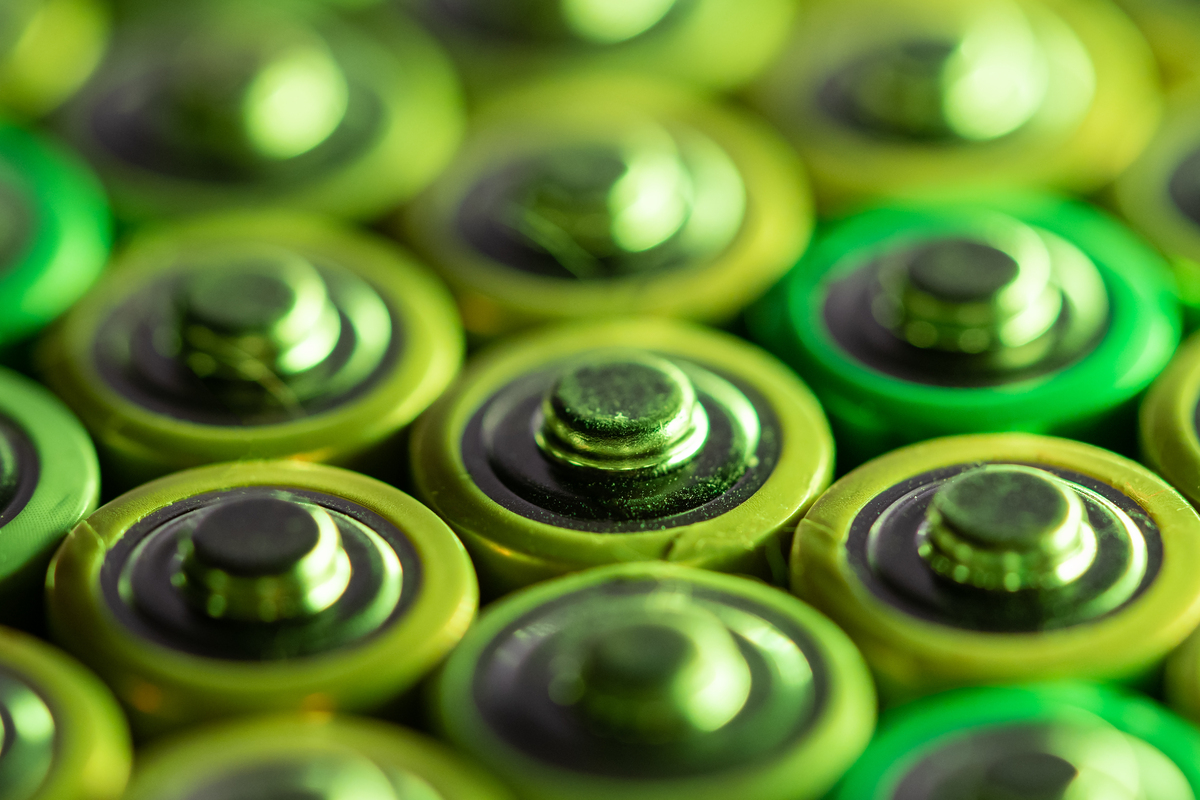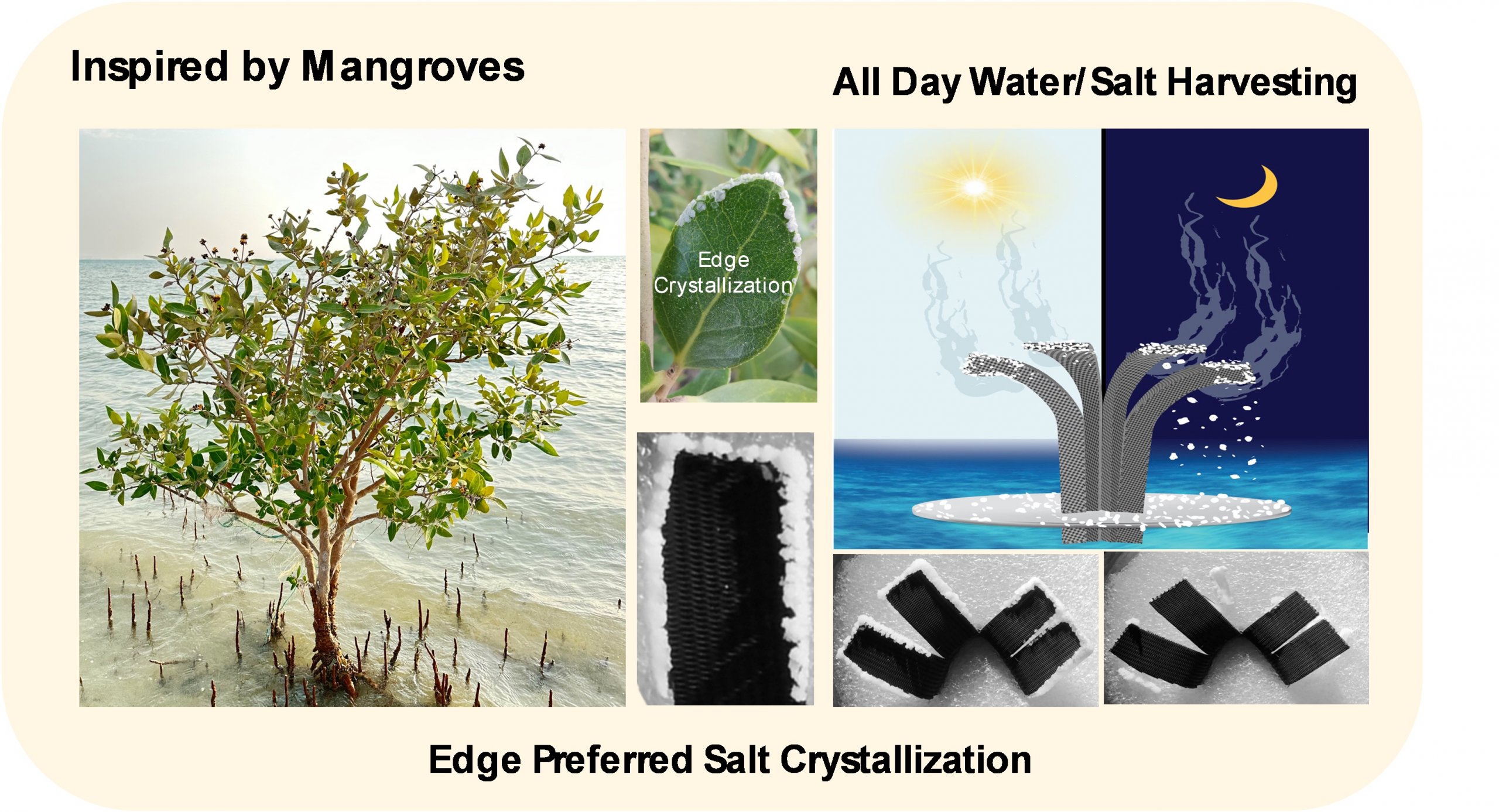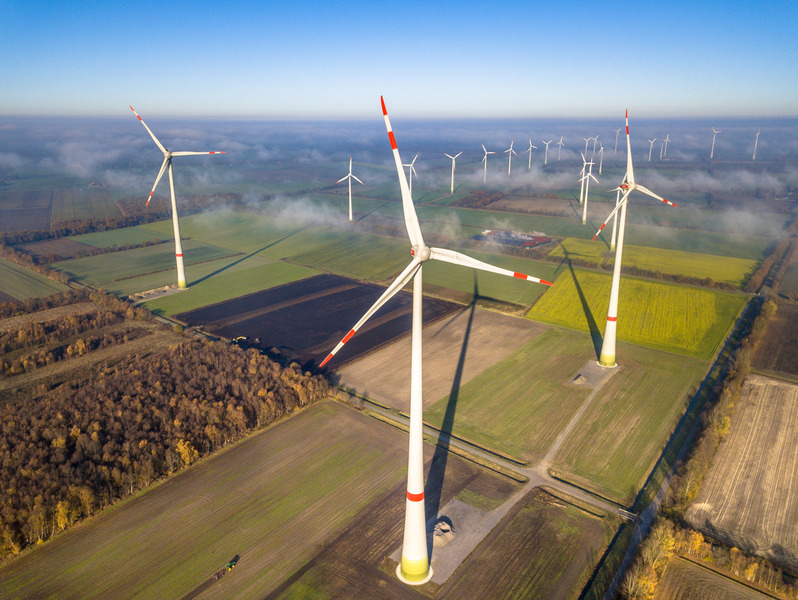
Dr. Eiyad Abu-Nada has published more than 80 journal papers and averaged 47.71 citations per publication according to Clarivate Analytics – a leading online resource for scientific publications
Khalifa University Professor of Mechanical Engineering, Dr. Eiyad Abu-Nada, is rated among the top 1% of researchers worldwide for citations of published research in the field of Engineering between 2006 and 2016 – a great achievement in the scientific community. During his academic career, Dr. Abu-Nada has published more than 80 journal papers and averaged 47.71 citations per publication as listed on Clarivate Analytics – a leading online resource for scientific publications. Most of his published journal papers appeared in the top prestigious Q1 journals in the Web of Science database. Dr. Abu-Nada has also published numerous conference papers in international conferences.
“I have always been driven by my work to discover something new, it excites me. Now I feel more enthusiastic to continue doing great work,” Dr. Abu-Nada remarked. “I remain humbled by how little we understand, and how much more there is to know. I try to impart that curiosity on my students each semester, hoping that they can one day contribute to science, and explore something new. That would make me proud.”
Besides quietly digging away at the complexity of nature in search of its secrets, Dr. Abu-Nada has also been teaching Mechanical Engineering at KU since 2013. Though primarily devoted to the study of heat transfer and fluid dynamics at the nanoscale – the investigation of the properties and interaction of fluids with particles – his published papers span various sciences, such as thermal sciences, energy, biophysics, and microfluidics.
After earning his BSc and MSc in Mechanical Engineering from Jordan, Dr. Abu-Nada moved to the states and completed his PhD in Mechanical Engineering from New Mexico State University in 2001. He began establishing the groundwork for his research which gained him momentum and valuable experience. In 2010, Dr. Abu-Nada received a fellowship at the prestigious Alexander von Humboldt Foundation. Also, he received other significant awards at the regional level such as the Abdul-Hameed Shoman Award in Jordan and the Arab Fund award from Kuwait.
“I was able to work with great researchers and very professional people. I learned from, and was motivated by their fundamental understanding of the underlying physics of engineering problems and inspired by their scientific ethics. Collaboration is key to expanding one’s understanding and learning new things,” said Dr. Abu-Nada as he reflected on his early career. “I was put onto a narrow research track that remains a focal point of my research. More importantly, I was exposed to rigorous scientific exploration and science for the sake of science: not chasing dreams, but rather, chasing the truth.”
Dr. Abu-Nada’s specialized research focus has won him over 4,000 citations on Web of Science – an online resource for scientific publications – and an h-index of 27. A researcher’s h-index is a measurement of the productivity and impact of their research.
Dr. Abu-Nada’s research has steadily pushed the limits of our collective knowledge on topics like heat transfer enhancement using nanofluids, dissipative particle dynamics and convective heat transfer, carving out a niche for himself. Among his most cited published papers is the “Numerical study of natural convection in partially heated rectangular enclosures filled with nanofluids.” In it, Dr. Abu-Nada describes the factors that impact heat transfer in base fluids through using different fluids and nanoparticles. Besides cataloguing results from different variables, the study is considered unique because he and his team laid the groundwork for mathematical modeling of heat transfer at the nanoscale.
Dr. Abu-Nada spent considerable efforts in pushing the limits of dissipative particle dynamics (DPD), a technique used for simulating the interactions of fluids and particles in order to better understand and improve energy transfer in thermal fluid systems. DPD has potential applications in emerging energy technologies, such as solar energy and steam power plants, where efficiencies and improvements are key elements in enhancing performance.
“DPD is my passion. I am keen to get back into the type of work I was doing early in my career with the experience and understanding I now have,” Dr. Abu-Nada commented about his future plans. “I began my career with biofluids and its study has always held a special place in my heart. I want to apply the tools I have acquired throughout my career to the study of blood flow, its physical properties, and red blood cell aggregation. I’m also interested in collaborating on research that examines renewable energies more closely.”
Dr. Abu-Nada advises students and aspiring researchers: “Participate in conferences where you can interact with experts, visit big labs, and be inspired. Aim high, have high standards, have a plan to only target the big journals for your publications. If you get turned down, take their feedback, revise, and resubmit. Collaborate and interact with peers and colleagues, give and take input and criticism. Learn from others’ experiences and work.”
“I am very grateful for the support I have received from family, friends, and my teachers, those who inspired me and those who mentored me. Khalifa University has been instrumental in my research, providing me access to the cutting edge tools I need, helping me to attend conferences, and supporting the researchers with funding and initiatives. I also want to say thank you to my peers, Professors, the Department Chair, Deans, Provost, and University Leadership for their support.”
Zaman Khan
News and Features Writer
24 July 2019






